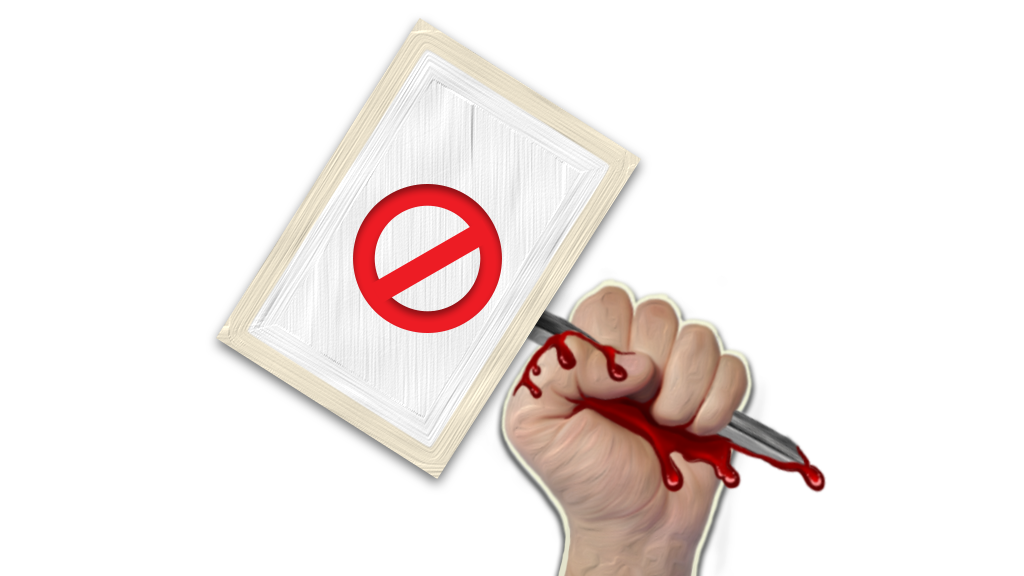The Art of Protesting: Knowing Your Rights
by Taylor Derrisaw | published Sep. 4th, 2015
“Disobedience is the true foundation of liberty.” -Henry David Thoreau
The rights to organize, assemble and protest are some of the most fundamental cornerstones of a democracy. It’s been said time and time again that if a government abuses the power bestowed upon it by the people, the populace has a right to stand against it.
This raises a question, however: what are your rights as a protester? What is considered off-limits for demonstrators and how can you deal with police confrontation? Citizens in the United States have a multitude of rights at their disposal, which must be heeded at all times, including before and during a protest.
Where: Location, Location, Location
One of the most important aspects of protesting, location will often determine how effective your protest is and who hears your message. As a protester, you can demonstrate in a variety of locations. Each location should reflect a specific goal, such as whether you want to raise awareness for an issue or convince government officials to take a certain action.
Forums and public squares are some of the most common locations for protesting. Easily accessible by the public and usually constituting the center of a populated area, forums allow protesters to demonstrate their message in a place where multiple groups of people will be able to hear it. Forums, historically, are designed specifically for this purpose. Although the government can impose restrictions on timing and manner, first amendment rights are respected under these conditions. You are allowed to protest in front of government buildings, although these locations can also have restrictions imposed on them.
Protesting in front of a government office can not only give more legitimacy to your beliefs, but also force authority figures to consider all facets of the issue.
How: What Protesting Legally Entails
Should you decide to protest, there are certain restrictions you have to abide by, according to the law. The manner in which you protest has to be controlled and respectful of other citizens.
For example, it’s perfectly lawful to picket outside and on sidewalks. You are also allowed to solicit for donations, hand out pamphlets and raise awareness, so long as your activities do not hinder pedestrian or building access.
Some activities may require you to obtain a permit. If you wish to set up a table or a booth, you must obtain a permit from city officials. Playing audio over loudspeakers is also legal only with a permit.
It is illegal to damage public or private property. This rule generally limits protests from getting violent while also ensuring that all types of property are protected. Should any property be damaged, you may be legally placed under arrest.
When: Being Confronted by Police
During some protests, police will inevitably be pulled out to quell quarrelsome or agitated protesters. Even if you are confronted by police, you are protected by rights given to you as a citizen.
If you are stopped by police, remain calm. Be polite and respectful. Keep your hands in sight and follow their orders, as long as they are respecting your rights.
The Fifth Amendment protects your right to avoid self-incrimination. Under the protection of this law, you are not required to answer any questions or provide any information that might help build a case against you. If an officer detains you, you are not obligated to answer any of his or her questions.
You may refuse a search of your body or personal belongings. The police are allowed to pat you down but may not exceed that without your permission. It is important to avoid resisting when officers pat you down, as it could be taken as a sign of aggression.
If you are not being placed under arrest, you may ask to leave. If the officer obliges, walk away slowly and peacefully.
If you are placed under arrest, remember you have the right to remain silent and are entitled to a lawyer. Do not resist, even if the arrest is unwarranted.
Protests are as natural to democracy as voting and taxes; without civil discourse and disobedience, change would be impossible. Before starting or joining your own protest, however, it’s important to realize your rights as a citizen and use them to your full advantage.



